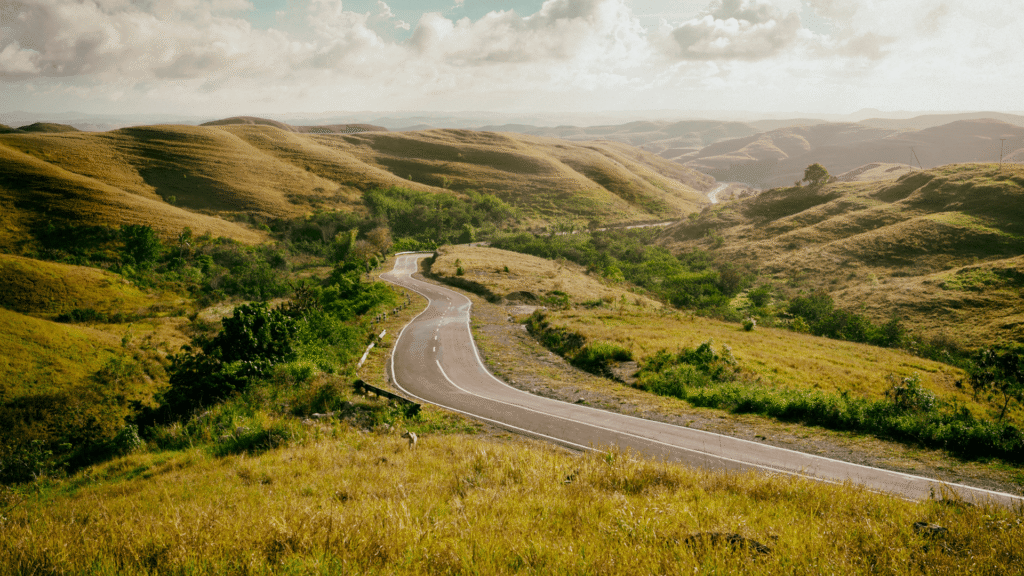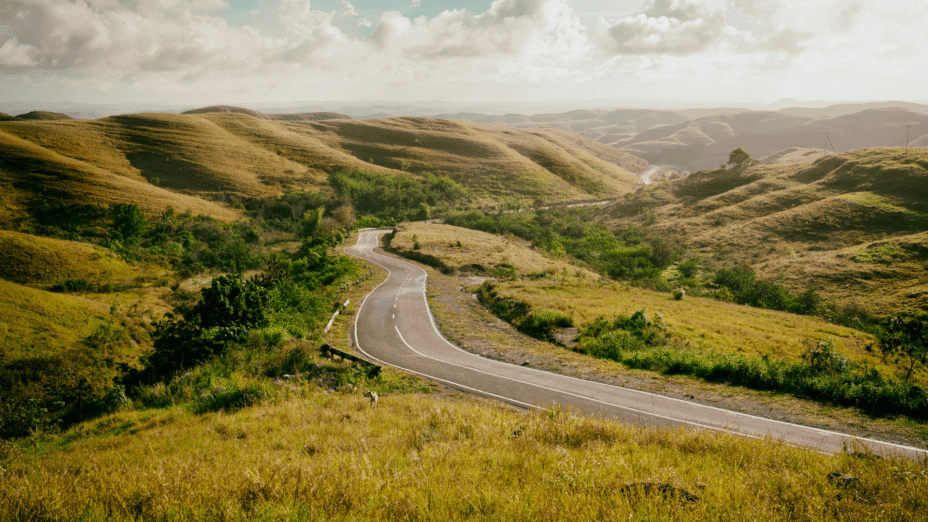Adventure, Skill-Building, and the Transformative Power of the Outdoors
The allure of the outdoors isn’t just about scenic beauty; it’s about the potential for growth, challenge, and self-discovery. Stepping beyond the familiar comforts of everyday life and into the wilderness – whether a local trail or a remote mountain range – unlocks a unique opportunity for skill-building and personal transformation. Adventure isn’t about seeking extreme thrills; it’s about pushing your boundaries, learning new things, and developing resilience in the face of uncertainty.
For many, the idea of venturing into the outdoors can be daunting. Concerns about safety, lack of experience, and the perceived difficulty of outdoor activities can be significant barriers. However, with careful planning, gradual progression, and a willingness to learn, anyone can embark on a journey of outdoor adventure and skill-building.

The Spectrum of Outdoor Skills: From Basics to Advanced
The skills required for outdoor adventures are diverse, ranging from fundamental survival techniques to specialized expertise. Here’s a breakdown of key areas, categorized by increasing complexity:
- Foundational Skills (Accessible to All): These are the building blocks for any outdoor experience.
- Navigation: Map reading, compass use, GPS familiarity. Essential for avoiding getting lost and planning routes.
- First Aid & Wilderness Medicine: Knowing how to treat common injuries and illnesses in a remote setting. A wilderness first aid course is highly recommended.
- Campcraft: Setting up a tent, building a fire safely, cooking outdoors, and practicing Leave No Trace principles.
- Gear Knowledge: Understanding the function and limitations of your equipment – clothing, footwear, shelter, and tools.
- Intermediate Skills (Requiring Practice & Instruction): These skills open up a wider range of activities.
- Backpacking: Carrying all your gear on your back and navigating multi-day trips.
- Rock Climbing (Beginner): Learning basic climbing techniques, belaying, and safety protocols. Requires professional instruction.
- Kayaking/Canoeing: Paddling skills, water safety, and understanding currents and weather conditions.
- Wilderness Survival: Shelter building, fire starting without matches, water purification, and foraging (with proper identification skills).
- Advanced Skills (Demanding Significant Training & Experience): These skills are for experienced adventurers seeking challenging pursuits.
- Mountaineering: Ice axe and crampon techniques, glacier travel, and high-altitude acclimatization.
- Backcountry Skiing/Snowboarding: Avalanche safety, route finding in snowy terrain, and self-rescue techniques.
- Navigation in Challenging Conditions: Using altimeters, GPS in remote areas, and navigating by the stars.
Building Your Skills: A Gradual Approach

The key to successful skill-building is a gradual and progressive approach. Don’t try to learn everything at once. Start with the foundational skills and build from there.
- Start Local: Begin with short hikes and camping trips in familiar areas.
- Take Courses: Enroll in classes or workshops offered by reputable outdoor organizations.
- Find a Mentor: Learn from experienced outdoor enthusiasts who can provide guidance and support.
- Practice Regularly: Skills degrade without practice. Make time for regular outdoor activities to maintain and improve your abilities.
- Embrace Mistakes: Everyone makes mistakes. View them as learning opportunities and don’t be afraid to try new things.
The Transformative Power of Overcoming Challenges
The challenges inherent in outdoor adventures are not obstacles to be avoided; they are opportunities for growth. Successfully navigating a difficult trail, mastering a new skill, or overcoming a fear can build confidence, resilience, and a sense of accomplishment.
The outdoors forces us to confront our limitations and push beyond them. It teaches us to be resourceful, adaptable, and self-reliant. It fosters a deeper appreciation for the natural world and a greater understanding of our place within it.
Safety First: Prioritizing Responsible Adventure
While adventure is exhilarating, safety should always be the top priority.
- Research Your Route: Understand the terrain, weather conditions, and potential hazards.
- Tell Someone Your Plans: Let someone know where you’re going and when you expect to return.
- Carry Essential Gear: Pack a first-aid kit, navigation tools, extra food and water, and appropriate clothing.
- Check the Weather Forecast: Be prepared for changing conditions.
- Know Your Limits: Don’t attempt activities that are beyond your skill level.
- Respect the Environment: Practice Leave No Trace principles and minimize your impact on the natural world.
Embracing adventure and skill-building in the outdoors is a journey of continuous learning and self-discovery. It’s about pushing your boundaries, challenging your assumptions, and connecting with the natural world in a meaningful way. It’s a path that leads not only to new skills and experiences but also to a deeper understanding of yourself and your place in the world.

NOTES & POTENTIAL REVISIONS:
- Target Audience: This piece is geared towards individuals interested in expanding their outdoor skills and embracing adventure. Consider tailoring the content to a specific skill level (e.g., beginners, intermediate adventurers).
- Specificity of Skills: While the piece outlines various skills, providing more detailed explanations and practical tips for learning each skill would be beneficial.
- Resource List: Including a list of reputable outdoor organizations, websites, and books would provide readers with valuable resources for further learning.
- Safety Emphasis: While safety is mentioned, consider expanding on specific safety precautions for different activities.
- Gear Recommendations: Providing general gear recommendations (without specific brand endorsements) could be helpful for beginners.
- Visuals: As always, relevant images or illustrations would enhance the piece’s appeal. Consider images depicting individuals learning new skills, overcoming challenges, and enjoying the outdoors.
- SEO Keywords: Refine the keyword strategy to include terms like “outdoor skills,” “adventure activities,” “wilderness survival,” “hiking tips,” and “rock climbing for beginners.”
- Call to Action: Encourage readers to identify one skill they want to learn and take a concrete step towards achieving that goal.
